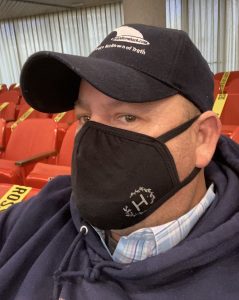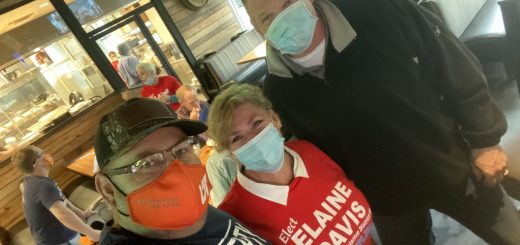Knoxville, Tenn. – Today the Knox County Health Department (KCHD) released two temporary measures aimed at limiting the spread of COVID-19 and protecting the community. The two regulations are in line with the orders passed by the former Knox County Board of Health.
“While the path out of the pandemic is paved by community vaccination, some temporary restrictions remain necessary to ensure we maintain our progress,” said KCHD Senior Director and Public Health Officer Dr. Martha Buchanan. “I don’t take issuing these lightly and completely understand the intense weight this decision will place on me and my team, but I believe it’s the right thing to do.”
The two regulations are a face covering requirement (No. 2021-1) and restrictions for restaurant, bars, event venues and similar establishments (No. 2021-2). Both can be found on KCHD’s website here. The face covering restriction does not have an expiration date; the curfew restriction is set to expire when the Board’s similar order was initially set to expire: April 22.
“I’ve asked the Advisory County Board of Health to meet at the originally set time and date, Wednesday, April 21 at 5 p.m., to discuss these regulations,” added Buchanan. “While this board is now an advisory body, their guidance still serves an important role. I look forward to hearing their thoughts on the matter and believe it’s important we continue to have this dialogue in the public domain.”
KCHD is issuing these measures under the authority provided in the State of Tennessee’s Executive Order No. 77.
About Knox County Health Department
The first health department in Tennessee to achieve national voluntary accreditation by the Public Health Accreditation Board, the Knox County Health Department (KCHD) is dedicated to ensuring the conditions in which every resident can be healthy. As a chief health strategist for the community and with more than 240 team members, KCHD’s broad scope of work includes convening partners to improve community health, identifying community health threats, investigating disease outbreaks, conducting extensive outreach and education, preparing for public health emergencies, providing and connecting the public with medical care, enforcing food safety and air quality laws, and more. For more information, visit here.























